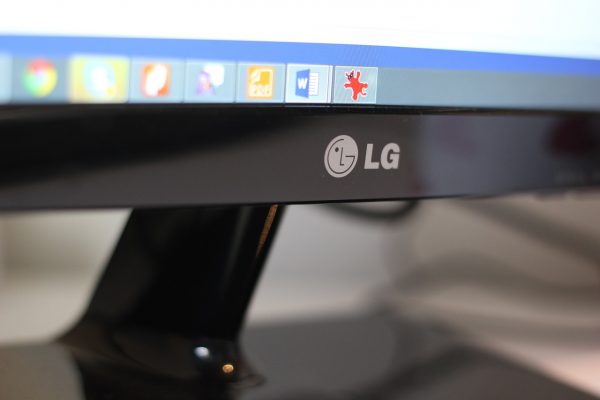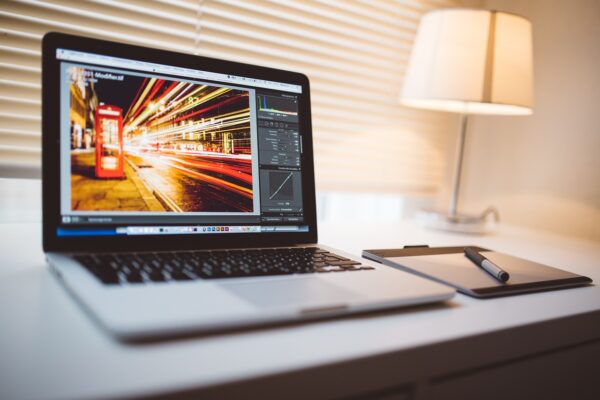
A computer has different components. These include a Central Processing Unit, a monitor and a mouse. These are the main hardware components that it has. Technology has really come a long way, and you find that there is a constant need to upgrade our devices to the latest ones. Computers are no exception. We want the latest computer to get the best functions and optimize our experience. Last time we discuss choosing a good gaming motherboard as well as choosing a good gaming laptop, but today it will all be about Monitor. Sometimes, however, we might just need to replace a monitor because the previous one broke or even because the previous one has become old and is not providing the best service.
When you are looking to choose and buy a monitor, there are a number of factors that you need to consider. These could be divided into factors that are not specification-related and those that you are. Some of the non-specification related factors include:
The Purpose and Use of the Monitor
Before you get to any other factor relating to the computer hardware, you need to first establish what you will be using the screen for. Is it for surfing, watching movies, gaming or creating presentations? This will determine the type of monitor that you will choose. This is because each of these functions could either require basic features or complex and detailed features when it comes to the monitor.
The Budget
Have a budget in mind. Figure out how much you want to spend and set it aside. This will help you to direct and restrict your shopping to the monitors that fall within the price range. Setting out to look for a monitor without having an idea of what you are willing to spend could be very dangerous. You may either end up spending much more than you should have on a monitor because you did not have a cap for your purchase. It could also go the other way, causing you to underspend and get something that is not as good because you were afraid to spend too much on the purchase as well.
The factors that deal with specifications of the monitor are also very important. Without knowing how to consider these, you will not be able to make an informed purchase. These include:
Size of the Monitor
Do you want a big or a small screen? A 27-inch monitor works for most people. However, you could be limited by space, and that would force you to get a smaller size. If you would like a bigger display and have enough space, you can consider getting two 27 inch monitors and placing them side by side.
While 27 inches is large, there are other smaller monitors that could also work for you if you prefer a smaller display. The 17-inch monitor, while relatively small, is suitable for an area that does not have a lot of space to spare. The 19 and 20-inch displays also conserve space and are ideal for home photo editing and spreadsheet preparation among other uses. On the other hand, 22-inch screens are adequate although pretty standard. They offer enough display space for gamers and come in some impressive qualities as well.
Resolution
While the size of the screen is important, the resolution matters more. Resolution influences the quality of the picture. The best to get is 1080p which is High Definition. You can also go for a 4K screen resolution as well. While the resolution could in itself be impressive, the pixel density of any monitor also matters. For example, a 1080p monitor that is 27 inches will have a lower pixel density thus making for less sharp images.
Every pixel has three sub-pixels that cater to the primary colors: red, green and blue. The ability to fit in more pixels per square inch will, therefore, mean better and sharper images. However, in considering a 4K resolution, you must also note that a higher quality and sharper image means that the video feature will have to use a lot of processing power to move about without causing a disturbance in the moving picture on display.
Brightness and Contrast
Choose a monitor whose brightness you can be able to adjust. In addition to this, choose one that has high contrast. Contrast can be defined as the ratio measuring the difference between the darkest black and the brightest white. The higher the contrast ratio of the monitor, the sharper and more vivid the images.
Curved or Flat?
Do you prefer a curved screen or a flat screen? Flat screens are cheaper while curved ones are more expensive. These curved screens provide for a large display. A 27-inch curved screen gives more viewing space than a flat surface. This is because curved screens allow you to see every inch of the screen without having to turn your head. Many people prefer and even advocate for curved screens.
Conclusion
There are many factors to consider when choosing a monitor. Some are fundamental such as size and resolution. On the other hand, you could also consider other minor factors such as the aesthetic appeal of a monitor. In regards to this, people opt for thinner bezels.
You could also consider monitors according to the brand. Some people are loyal to brands while others buy from the reputable, time-tested and proven brands only. All these factors are important as they help to guide your search for a monitor. You will be able to find one more easily when there are guidelines, as opposed to, were anything goes.

















Nice post you’re shared i really like it doing good job.
Thanks for your good and wonderful article.
Nowadays LCD or LED monitors comes in different sizes and specifications that can be very confusing to buying monitor and this post is clearly explain to buy a perfect monitor thanks for the blog.
Thanks Shabbirun for sharing this great blog. This post will help the buyers those are thinking to buy a new monitor.